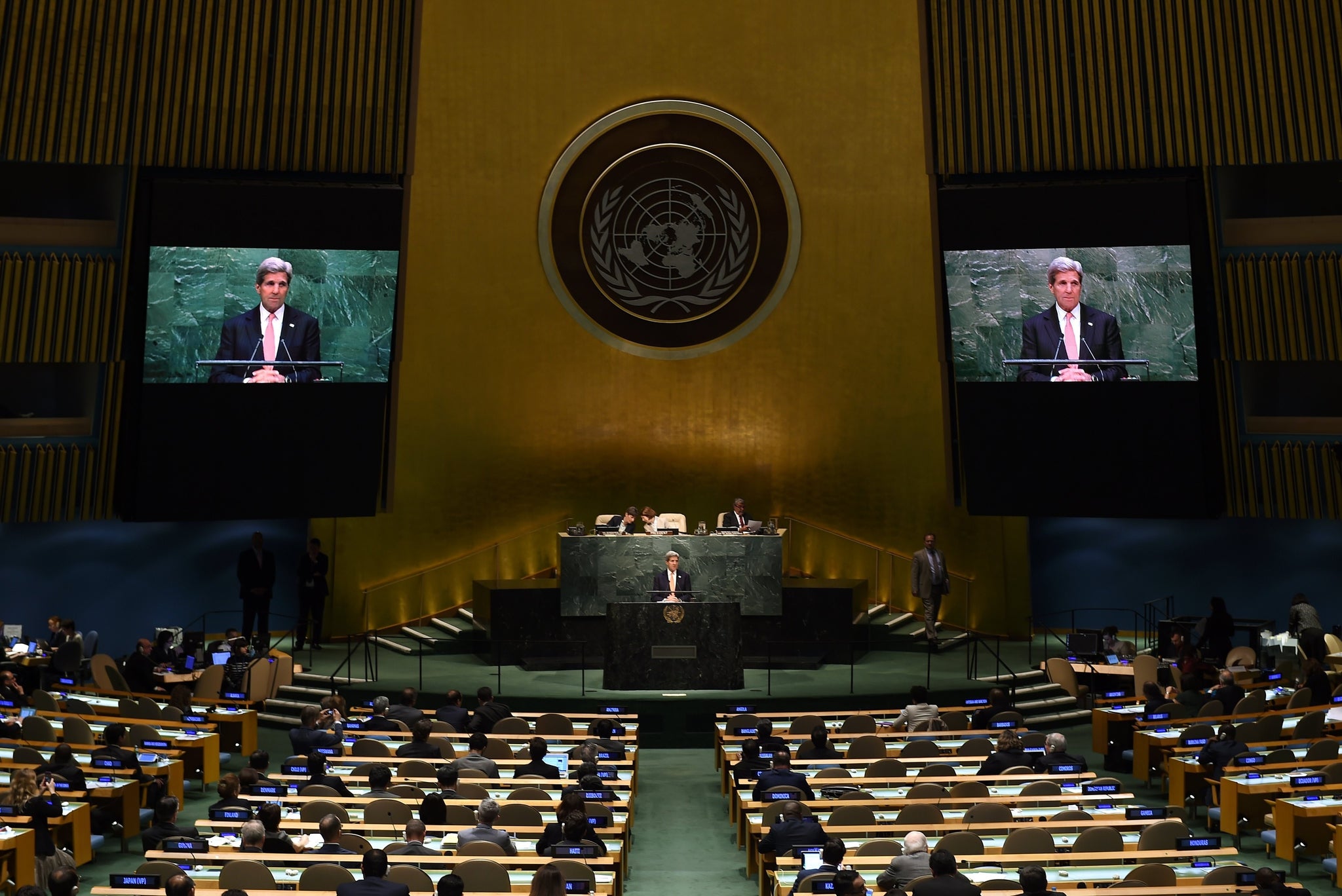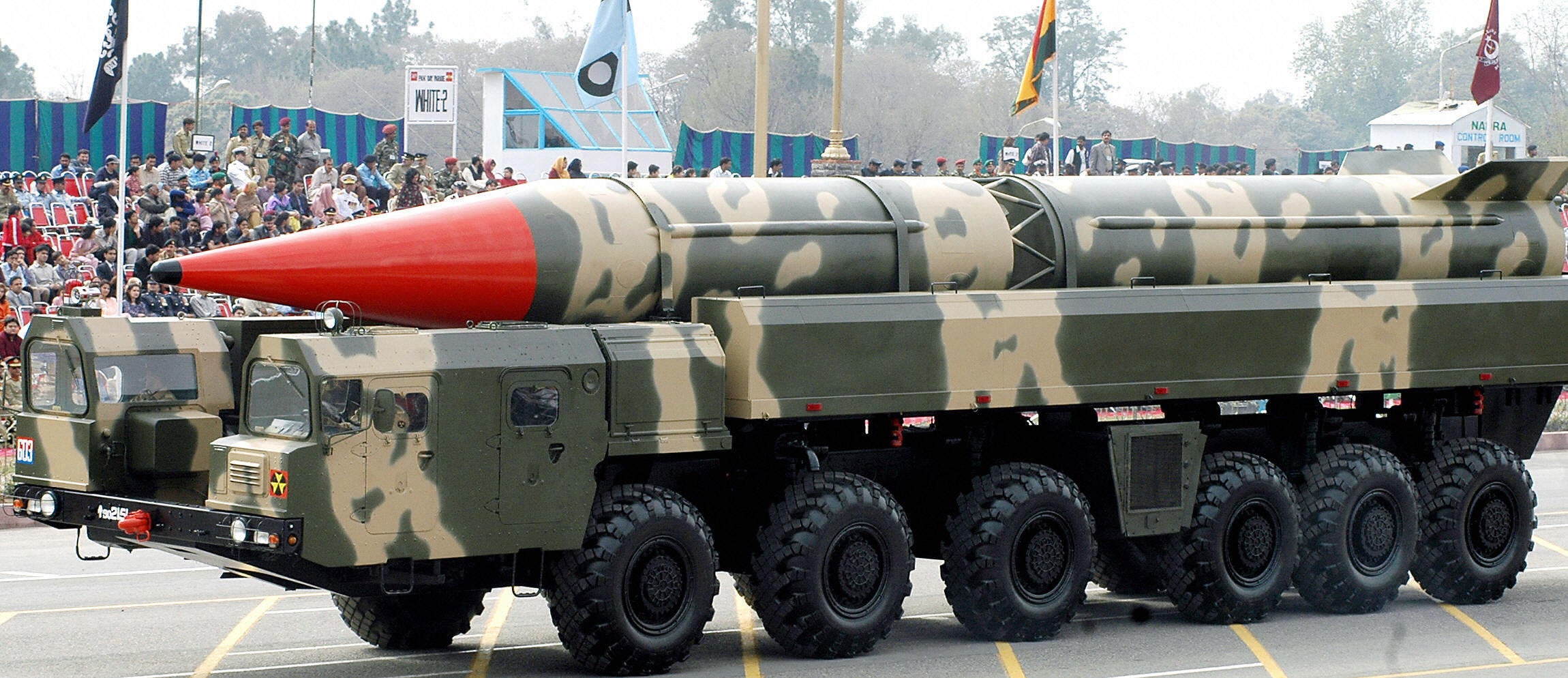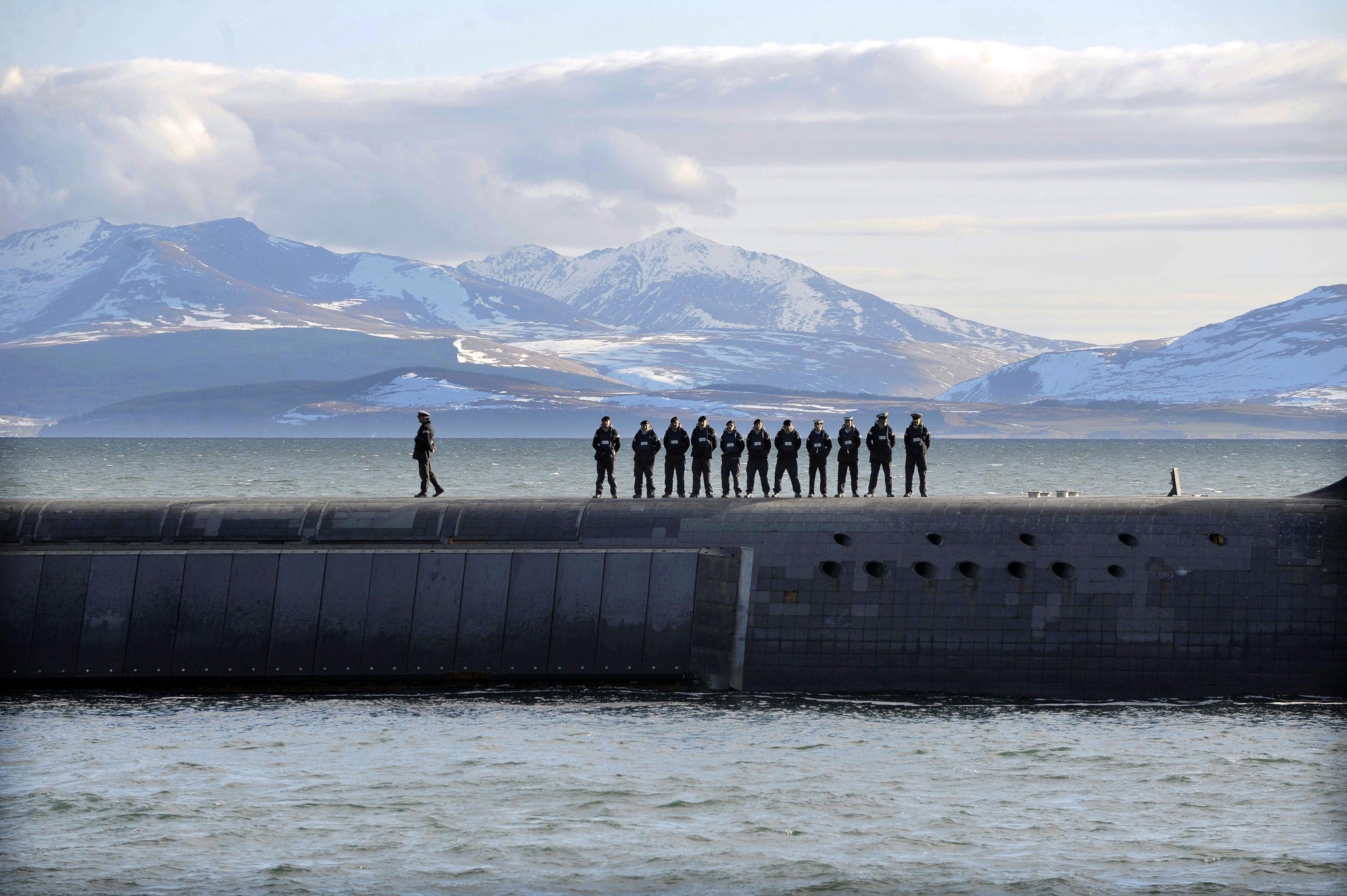UN nuclear talks fail after USA blocks plans that would make the Middle East a nuclear-free zone
The conference would have required Israel to confirm the existence of its nuclear weapons programme.

Your support helps us to tell the story
From reproductive rights to climate change to Big Tech, The Independent is on the ground when the story is developing. Whether it's investigating the financials of Elon Musk's pro-Trump PAC or producing our latest documentary, 'The A Word', which shines a light on the American women fighting for reproductive rights, we know how important it is to parse out the facts from the messaging.
At such a critical moment in US history, we need reporters on the ground. Your donation allows us to keep sending journalists to speak to both sides of the story.
The Independent is trusted by Americans across the entire political spectrum. And unlike many other quality news outlets, we choose not to lock Americans out of our reporting and analysis with paywalls. We believe quality journalism should be available to everyone, paid for by those who can afford it.
Your support makes all the difference.A United Nations talk aimed at stopping the proliferation of nuclear weapons has ended without agreement after proposals were blocked to make the Middle East a nuclear-free zone.
The conference on the review of the Nuclear Non-Proliferation Treaty (NPT), an an international treaty intended to stop the spread of nuclear weapons and further the goal of nuclear disarmament, failed when the USA blocked plans to hold a Middle East conference which would try to making the region free of nuclear weapons.
The conference began on 28 April, and Egypt's proposal was rejected on 22 May.
Egypt led the way in trying to set a deadline for a conference that would aim to make the Middle East a nuclear-free zone.

However, their plans were shut down by the USA, supported by the UK and Canada, who accused Egypt of attempting to "cynically manipulate" the process, by trying to organise a conference without an agenda agreed by all attendees, including the nuclear state of Israel.
Israel is believed to have a large nuclear weapons programme, and would likely object to many terms of an agenda made for such a conference.
Rose Gottemoeller, the US Under Secretary for Arms Control and International Security, said the terms of Egypt's proposal were against the USA's "long standing policies" on the matter.

She said the USA supported the idea of nuclear-free zones, but added that they should be formed with the "full mutual consent" of the nations in those regions. Egypt's call for a conference that Israel would object to therefore goes against this.
Egypt reacted angrily, claiming the veto will have "consequences in the in front of the Arab world and public opinion".
The failure of the conference to make any real progress has set back the goal of the treaty by at least five years, as the next treaty review conference can only next take place in 2020.

Analysts believe that the proposed Middle East conference would have necessarily required Israel to reveal what many nations believe to be an extensive nuclear weapons programme.
Israel has never publicly declared whether or not it has a nuclear weapons programme, and their objections to the conference could be behind the USA's veto - this week, a senior US State Department official was sent to Israel to discuss their issues with the NPT conference.
Israel, along with India, Pakistan, South Sudan and North Korea, are the only nations that are not signed up to the NPT - North Korea withdrew from the treaty in 2003, and South Sudan has only existed as an independent country since 2011.
Join our commenting forum
Join thought-provoking conversations, follow other Independent readers and see their replies
Comments